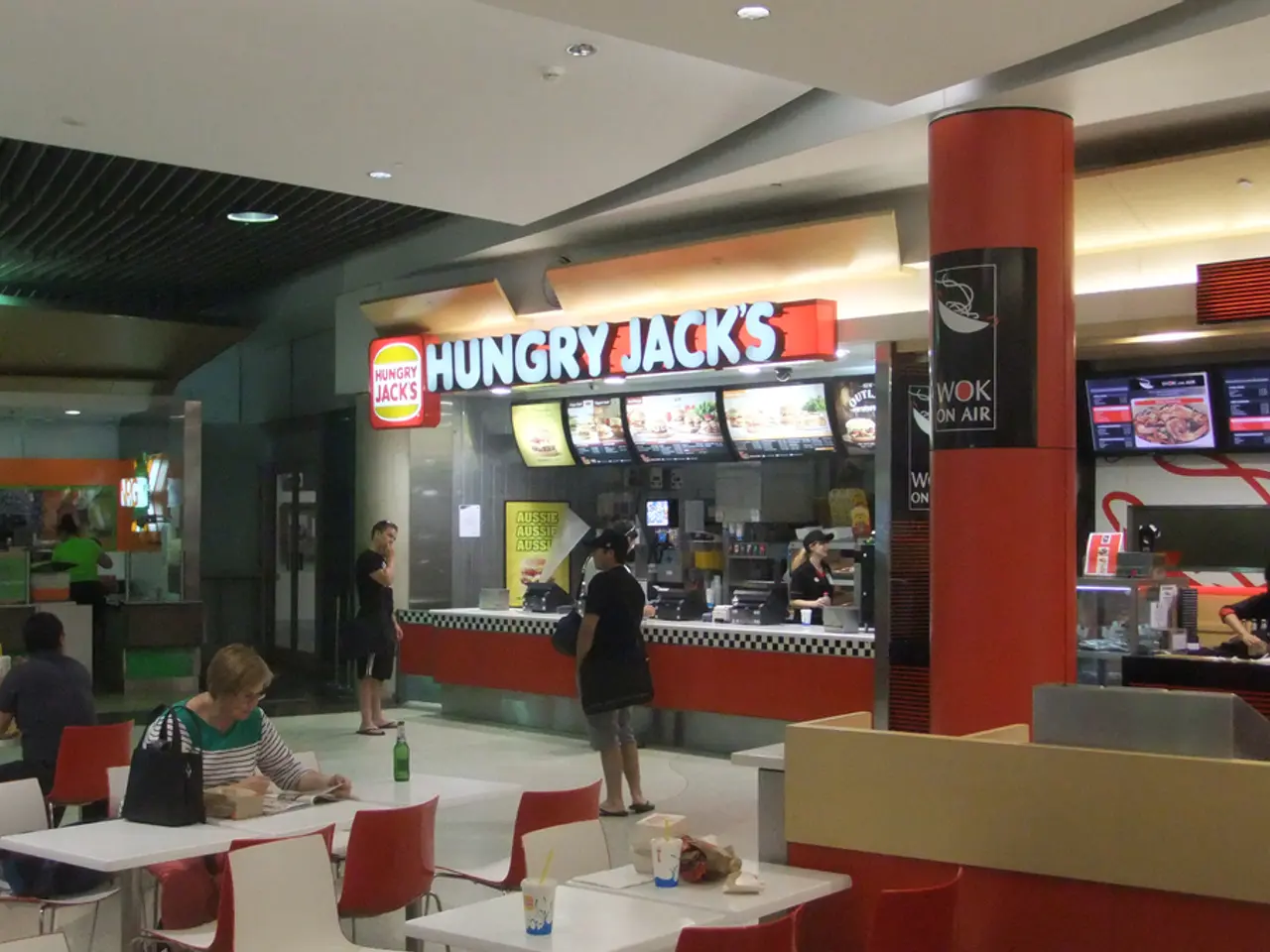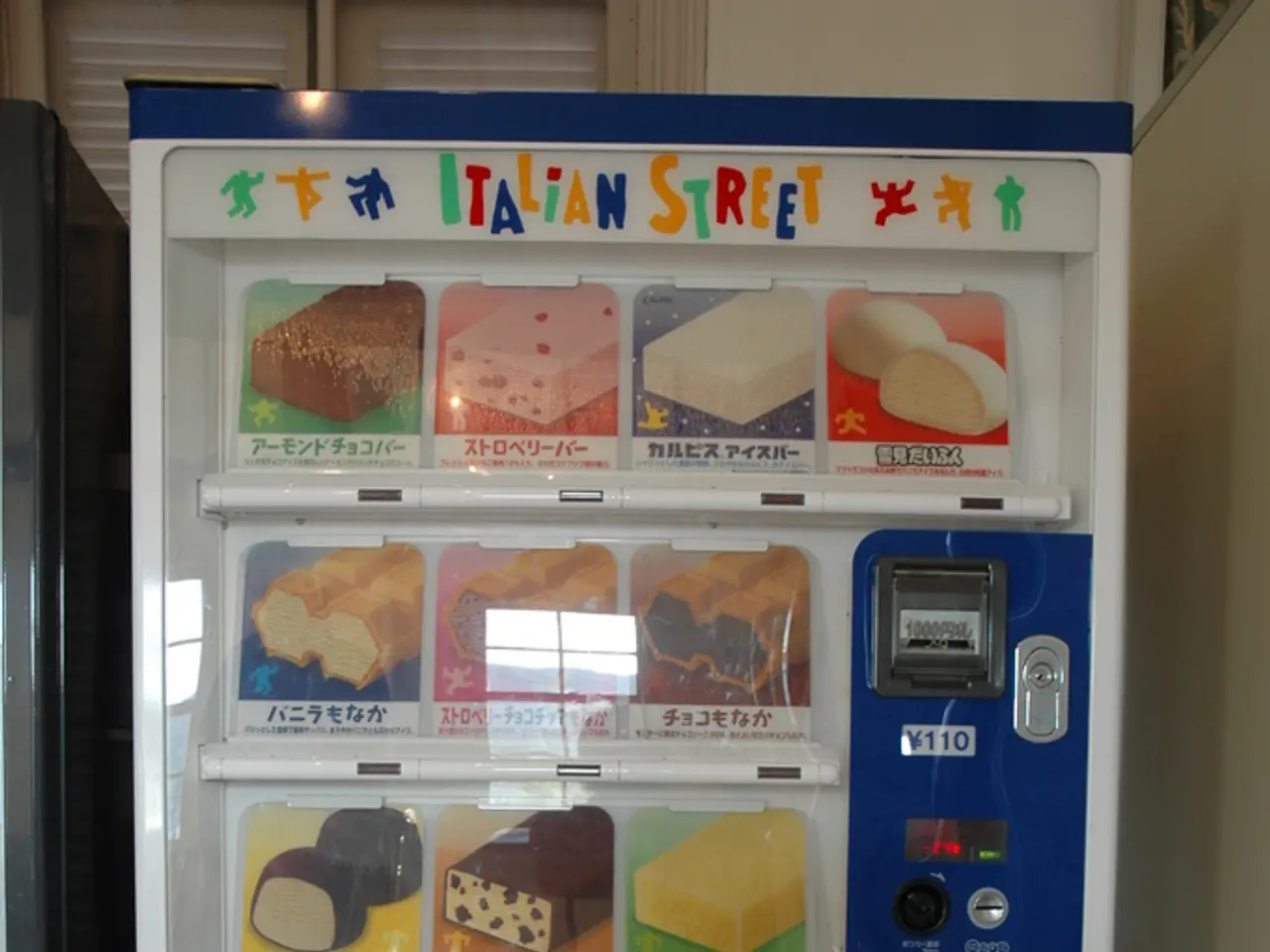AI assists restaurants primarily in optimization and customer service enhancement:
In the ever-evolving world of dining, artificial intelligence (AI) is making a significant impact, enhancing personalisation and streamlining operations. Recent studies and reports reveal that consumer opinions on AI in the restaurant experience are generally positive but nuanced, reflecting both excitement and concerns about its impact.
One of the key benefits of AI is its role in improving customer experience. AI technologies can analyze past orders, dietary preferences, and even external factors like weather to recommend dishes tailored to individual tastes, fostering repeat visits and satisfaction. For instance, quick-service restaurants use AI-powered apps to suggest plant-based options to customers who previously ordered vegan meals.
AI-driven reservation systems also help predict peak times, optimize seating, and reduce wait times by managing waiting lists and suggesting optimal reservation slots, leading to a more seamless and enjoyable experience for diners. Additionally, AI-enhanced POS devices can notify servers when customers are ready to order or pay, minimising delays at the table.
AI chatbots answering customer queries by phone or online are regarded as useful by about 70% of guests, reducing staff workload and increasing responsiveness. Consumers generally find these AI-based interactions effective and convenient.
From the restaurant side, predictive AI analytics optimise inventory, reduce food waste by up to 50%, improve scheduling, and keep popular dishes available consistently. These gains often translate to better service and satisfaction for consumers.
However, despite enthusiasm, about half of restaurant leaders see risk management and identifying the best AI use cases as barriers. Also, less than half of surveyed brands feel fully ready for AI adoption in strategy, operations, and governance, showing a cautious approach to AI integration.
A survey by Mood Media found that more than a quarter of consumers said they’d be less likely to visit a chain after having a negative encounter with AI. This highlights the importance of ensuring a balanced human-AI interaction for future acceptance.
The study "How AI Is Revolutionizing Restaurants" by Deloitte surveyed 375 restaurant executives in 11 countries about their thoughts on AI. The survey found that nearly three-fourths (73%) of all respondents plan to increase their AI spending somewhat this year, while 9% plan to make a significant investment.
More than half of restaurants are using AI for inventory management tools, such as forecasting product needs or tracking inventory. Some restaurants are beginning to use voice AI to automate order taking. Six in ten restaurants are using chatbots, and machine learning is being used to power upsells in mobile apps and kiosks.
Despite these advancements, about a third of restaurants still lack the technical talent and skills to handle more AI. About 80% of restaurants cited concerns about risk and governance as a barrier to adopting AI more broadly.
In summary, consumers generally view AI in restaurants as a beneficial tool for enhancing personalisation, speeding service, and improving communication. However, there remains some hesitation tied to how AI is implemented and potential risks, suggesting that transparency and balanced human-AI interaction will be important for future acceptance.
- Technology like AI-powered apps suggests plant-based dishes to customers based on their past orders, demonstrating its potential for improving customer experience.
- AI-driven reservation systems and chatbots, which optimize seating, manage waiting lists, and answer customer queries, are found effective by about 70% of guests, showcasing technology's role in streamlining customer interactions.




